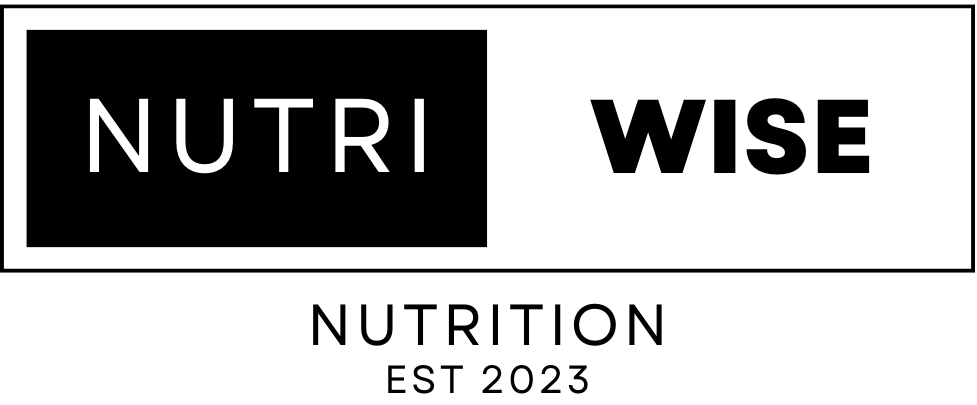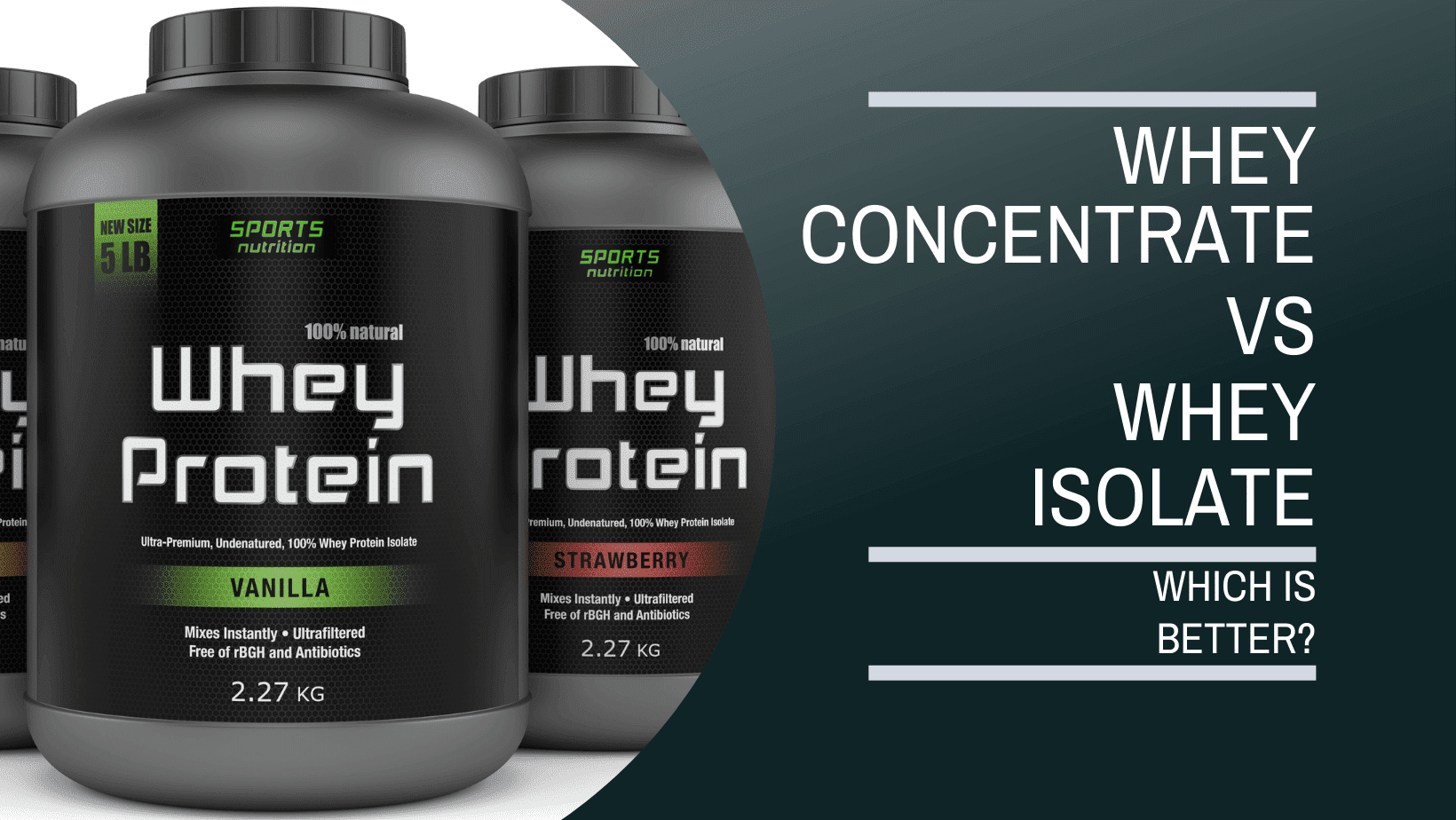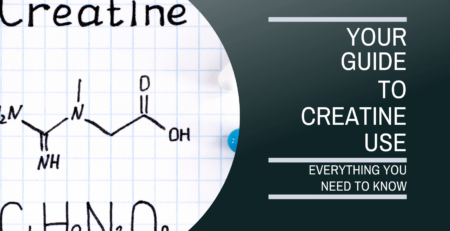Whey Concentrate Vs Isolate: Which Is Better?
Whey protein is a popular supplement among fitness enthusiasts, known for its ability to aid muscle growth and recovery. However, when it comes to choosing a whey protein supplement, it can be difficult to determine which type is best suited to your needs.
Two common types of whey protein are concentrate and isolate, each with their own unique benefits and drawbacks. This article aims to provide an objective overview of the differences between whey protein concentrate and isolate, including their filtration methods and overall benefits.
By understanding the differences between these two types of whey protein, readers will be better equipped to make an informed decision about which supplement is best suited to their fitness goals. Whether you are a professional athlete or a casual gym-goer, understanding the nuances of whey protein concentrate and isolate can help you optimise your athletic performance and achieve your fitness goals.
Benefits of Whey
The benefits of whey protein, including its intact immune properties and ideal digestion speed, have been established regardless of whether it is in the form of concentrate or isolate.
Whey protein is a complete protein that contains all nine essential amino acids, making it an ideal source of protein for muscle building and repair. Additionally, whey protein is easily digestible and is absorbed quickly by the body, making it an effective post-workout supplement for muscle recovery.
Whey protein also contains immunoglobulins, which are antibodies that help boost the immune system. These immunoglobulins remain intact in whey protein concentrate, making it a better option for those seeking immunity benefits.
Moreover, a study has shown that whey protein concentrate can boost the production of glutathione, an antioxidant that helps protect the body from oxidative stress and inflammation.
Overall, the benefits of whey protein, including ideal digestion speed and immunity benefits, make it a popular and effective supplement for athletes and fitness enthusiasts alike.
Differences between Concentrate and Isolate
Distinguishing between whey concentrate and whey isolate involves a consideration of several factors. One of the key differences between the two is the level of filtration involved in their production.
Whey concentrate is usually produced through ultrafiltration, a process that removes most of the lactose, fat, and other non-protein components from the whey. In contrast, whey isolate undergoes a more intensive filtration process, which typically involves microfiltration and ion exchange. This results in a purer form of protein, with almost all of the lactose, fat, and other impurities removed.
Another factor to consider when comparing whey concentrate and whey isolate is protein content and cost. Whey isolate has a higher protein content, typically around 90%, compared to whey concentrate, which usually has a protein content of around 80%. However, this higher protein content comes with a higher price tag. Whey isolate is generally more expensive than whey concentrate, making it less economical for those on a budget.
Ultimately, the choice between whey concentrate and whey isolate depends on individual preferences and needs, such as the level of purity required, suitability for lactose intolerant individuals, and the budget available.
Filtration Methods
One important consideration when comparing protein powders is the method of filtration used during production. Whey protein powders can be filtered using either cold filtration or ion exchange methods.
Cold filtration is a process that uses low temperatures to separate proteins based on their molecular weight, size, and permeation properties. This method results in a more pure product, with less residual carbs and fats, and preserves the natural nutritional content of the whey protein.
On the other hand, ion exchange filtration involves altering the pH of the whey protein to separate carbs and fats from the protein. This method almost completely eliminates kappa-caseino glycomacropeptide (GMP) and is often used to produce whey protein isolate.
The ion exchange debate centers around the fact that this method strips the whey protein of some of its immune-boosting properties and may alter the natural nutritional content of the protein. While whey protein isolate is often touted as a ‘purer’ and ‘cleaner’ protein powder, it may not necessarily be better than whey protein concentrate.
Studies show that both whey protein concentrate and isolate have similar absorption rates on an empty stomach, and cholesterol is naturally occurring and will not lead to an overall increase in healthy individuals. Ultimately, the choice between whey protein concentrate and isolate depends on individual needs and preferences with the amount of protein needed in the diet and the price point of the product.











